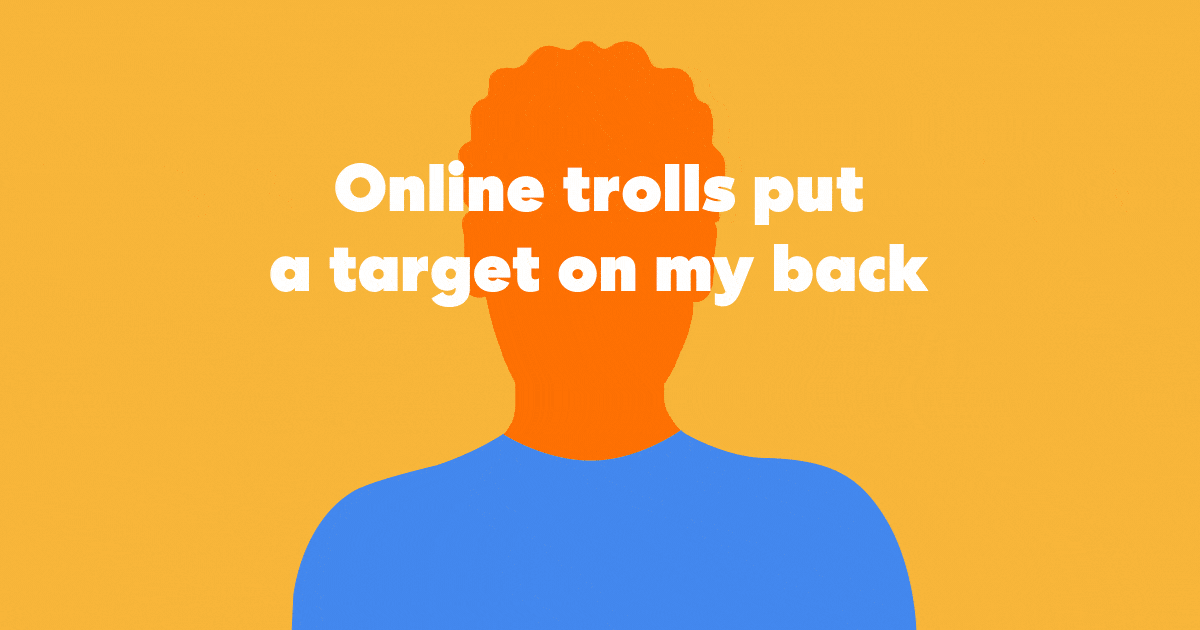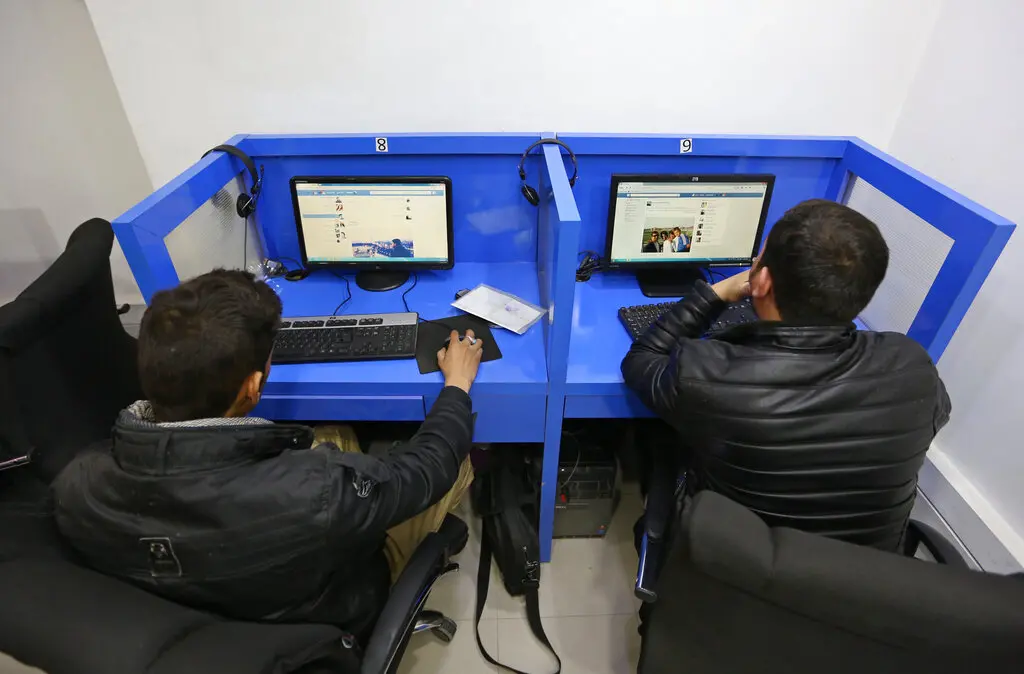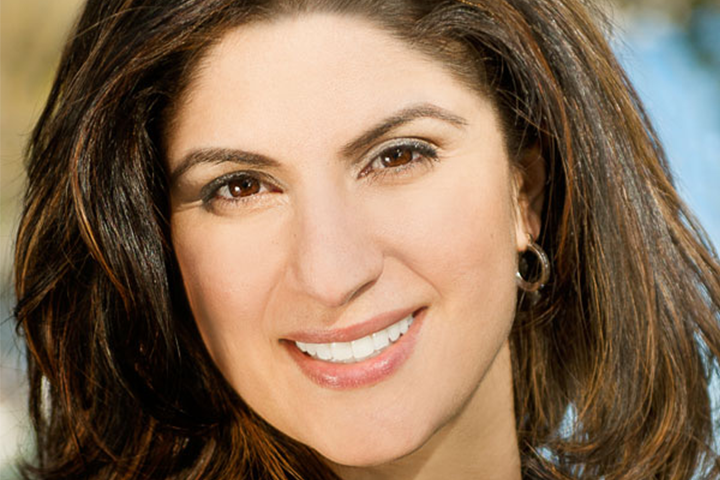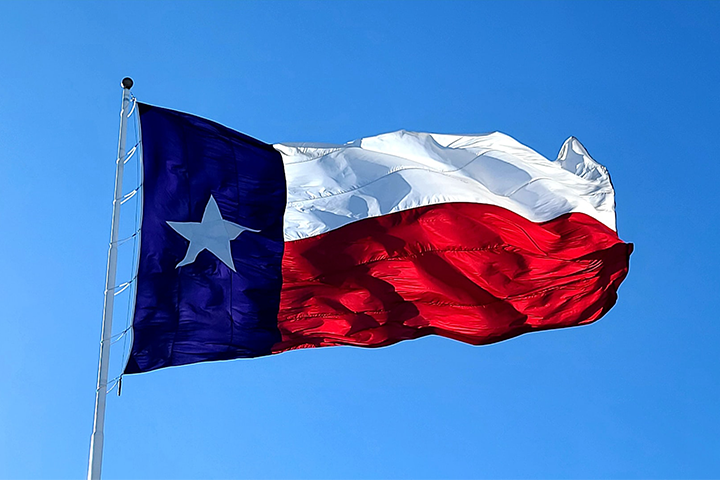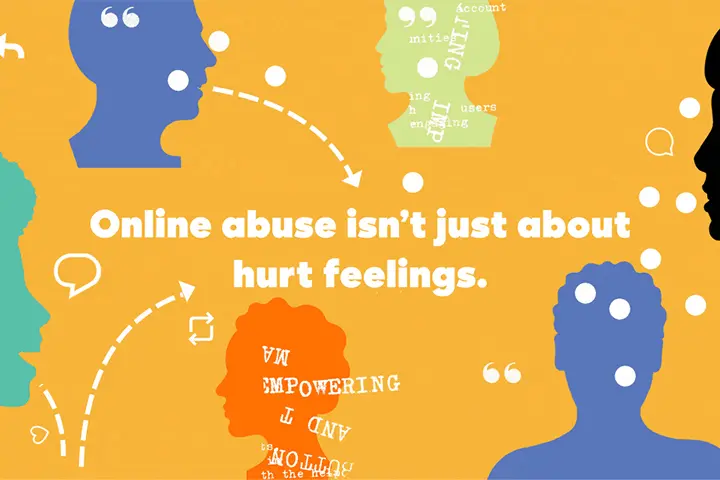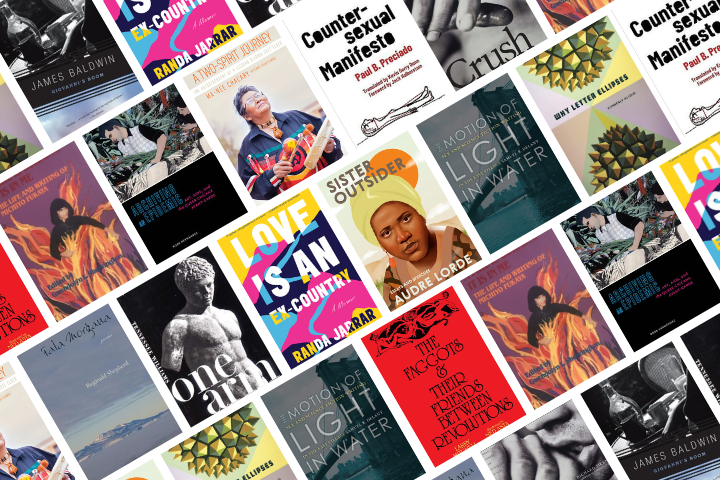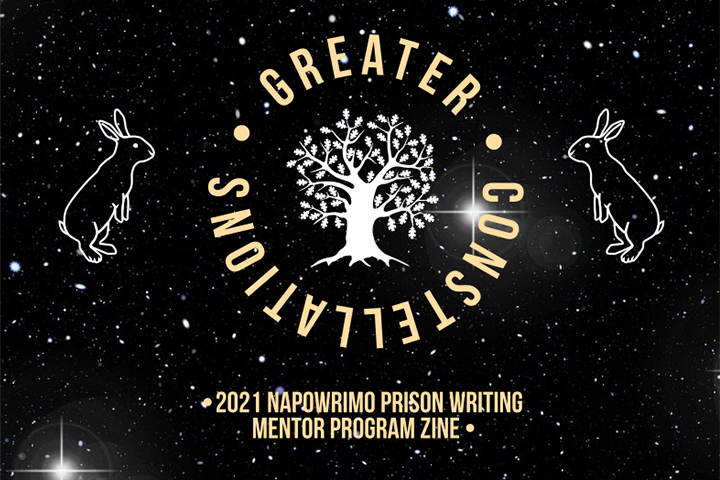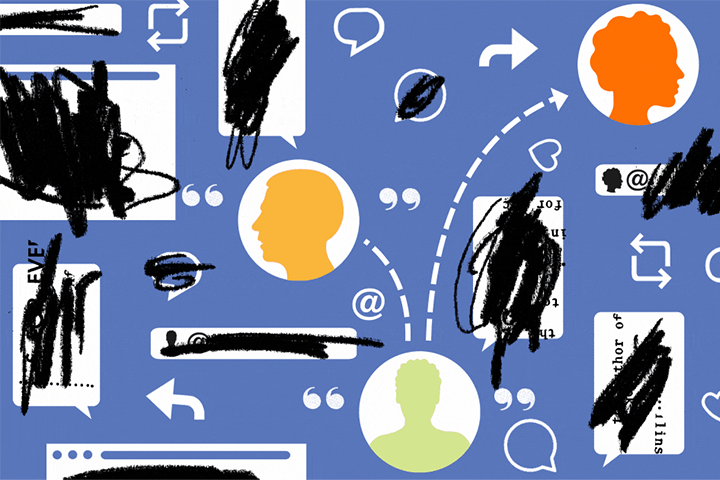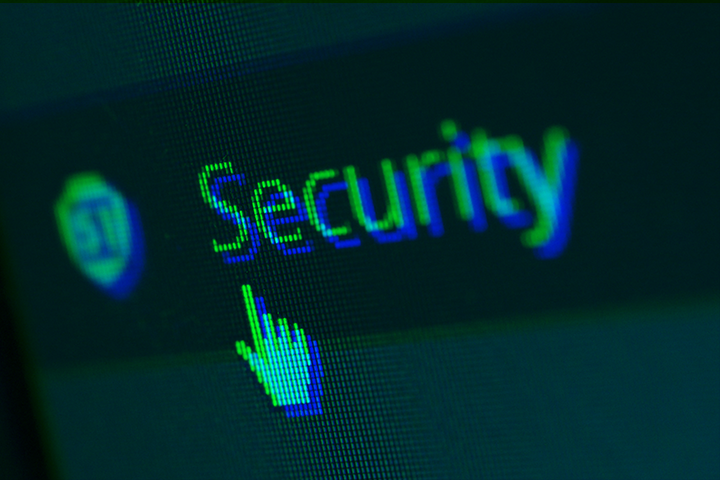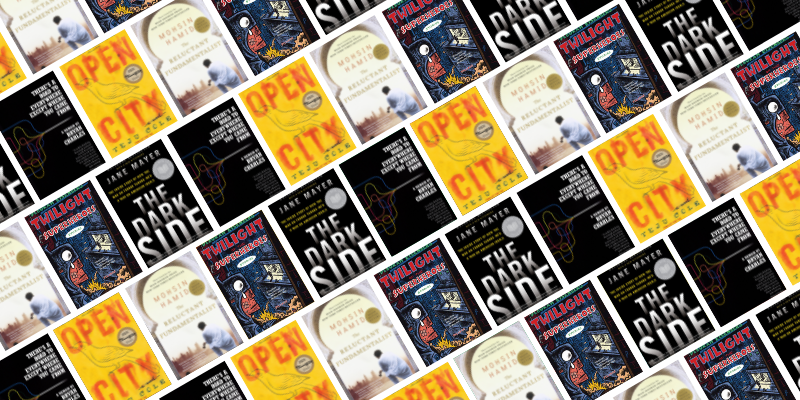
A few years ago my sister-in-law, who teaches fifth grade in the New York public schools, told me that her students often get 9/11 mixed up with Vietnam. Aside from making me feel ancient—the attacks on the Twin Towers, I realized, took place nearly a decade before these students were even born!—her anecdote made me wonder about the legacy of something that, until Trump’s election and our country’s subsequent transformation into an Orwellian dystopia, seemed sure to remain the foremost U.S. historical event of my lifetime. So what exactly is that legacy?
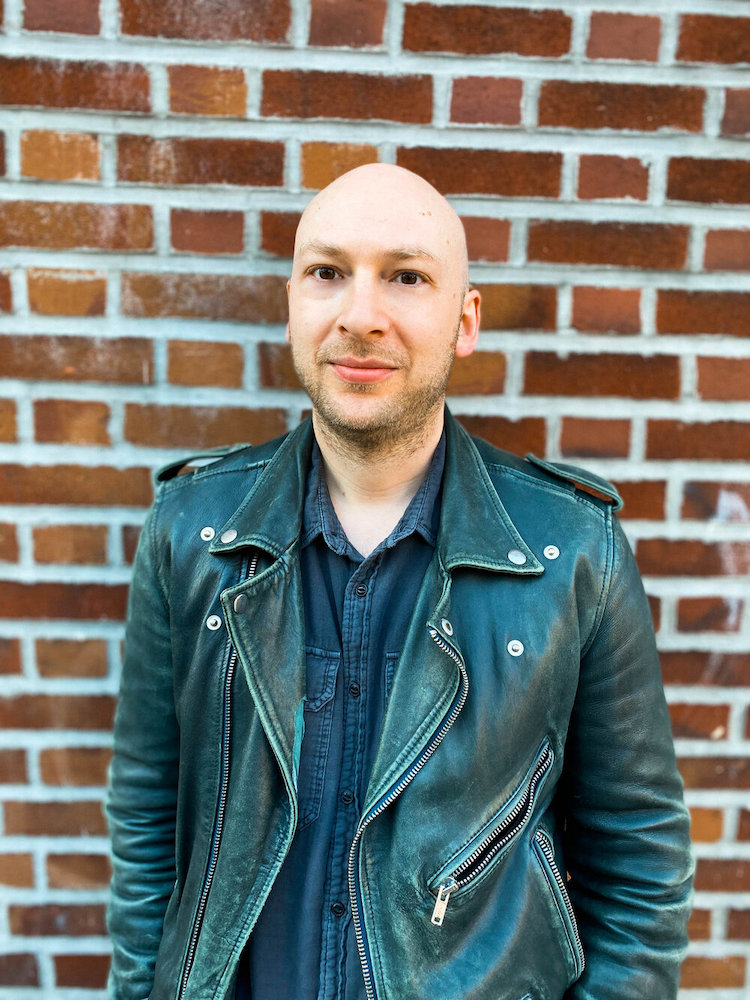 As recent events have made clear, a big part of it is the War in Afghanistan, the repercussions of which will continue to be felt for a long time to come. But the attacks on the Twin Towers had other less visible effects as well. In my novel, Sensation Machines, I attempted to explore the lasting ways in which 9/11 shaped the cultural attitudes of an entire generation of Americans. While the books below are not necessarily the most well-known texts on the subject, I found each to be an indispensable resource for considering this question.
As recent events have made clear, a big part of it is the War in Afghanistan, the repercussions of which will continue to be felt for a long time to come. But the attacks on the Twin Towers had other less visible effects as well. In my novel, Sensation Machines, I attempted to explore the lasting ways in which 9/11 shaped the cultural attitudes of an entire generation of Americans. While the books below are not necessarily the most well-known texts on the subject, I found each to be an indispensable resource for considering this question.
—Adam Wilson, author of Sensation Machines
The Reluctant Fundamentalist, Mohsin Hamid
Amazon | Bookshop
When Changez moves to Manhattan to work for an elite valuation firm after graduating from Princeton, he feels like he belongs. His skin falls into the middle of the color spectrum on the subway, and tourists ask him for directions. “I was, in four and a half years, never an American; I was immediately a New Yorker.”
Following the attacks on the Twin Towers, however, the distinction he’s drawn between his adopted city and the rest of the country seems to dissipate. Flags are everywhere: affixed to windshields, fluttering from buildings. “They all seemed to proclaim: We are America—not New York, which, in my opinion, means something quite different—the mightiest civilization the world has ever known; you have slighted us; beware our wrath.”
Changez, whose job involves valuing foreign companies so they can be liquidated, becomes both a victim and a perpetrator of that wrath. On the one hand, his brown skin makes him the target for what are not yet called microaggressions. On the other, he’s worked hard to reap the spoils of an American Dream that’s predicated on reducing other people to data points. As he grapples with the moral implications of his upward mobility, he comes to understand that being an American means perpetuating a mythological narrative of the nation’s past. In the post-9/11 climate of unbridled patriotism, he feels like he’s living in a film from an earlier era. He feels “treacherous for wondering whether that era was fictitious” and wonders whether “it contained a part for someone like me.”
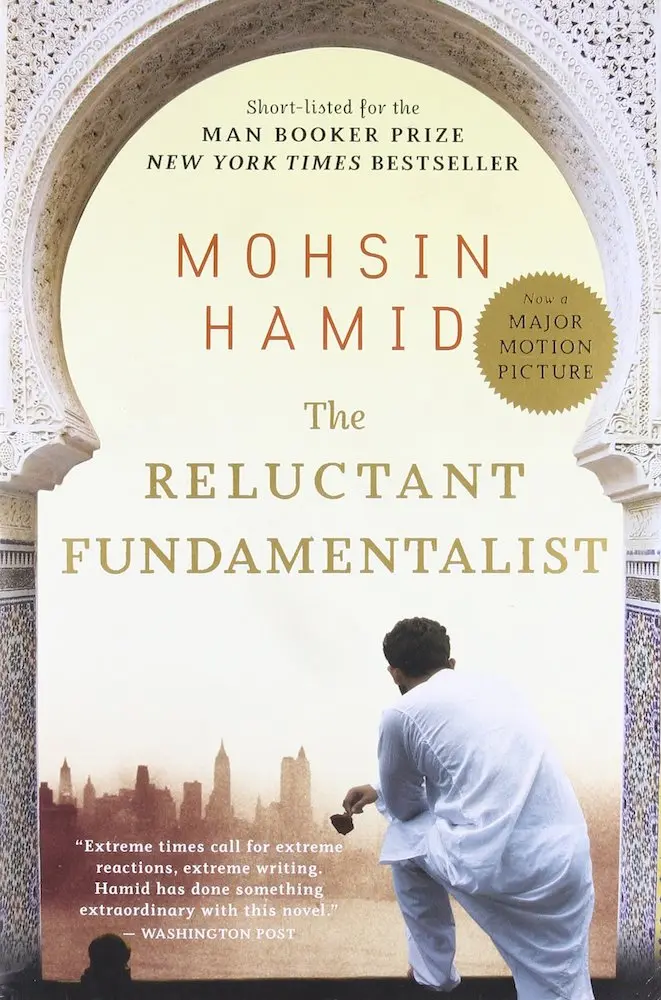
Open City, Teju Cole
Amazon | Bookshop
Set a few years after the fall of the Twin Towers, Open City is not a 9/11 novel in the typical sense. Neither is it a novel in the typical sense; essentially plotless, it follows Julius, a Nigerian psychiatrist, as he crisscrosses Manhattan on foot. Julius looks at buildings and has encounters with strangers. He gets mugged. He has a picnic with friends in Central Park.
None of this would be notable if Julius weren’t such an insightful observer. In each scene, he manages to capture the unspoken tensions that animate even the most seemingly insignificant encounters. What emerges is a portrait of a city fundamentally altered—in ways both visible and veiled—by the terrorist attacks. “The place had become a metonym of its disaster,” he says of Ground Zero. “I remembered a tourist who once asked me how he could get to 9/11: not the site of the events of 9/11 but to 9/11 itself, the date petrified into broken stones.”
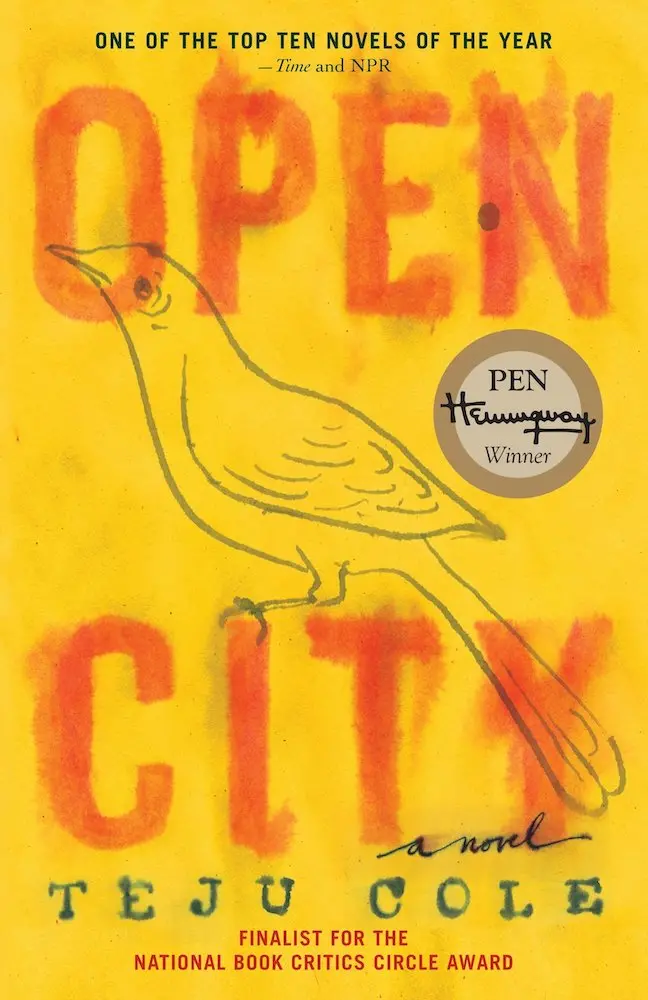
The Dark Side: The Inside Story of How the War On Terror Turned Into a War On American Ideals, Jane Mayer
Amazon | Bookshop
Historical memory is short, and the Trump presidency felt like a long, slow lifetime crammed into four years. Compared to Trump, George W. Bush began to seem relatively innocuous, perhaps even refined. Mayer’s comprehensively reported history of the War on Terror reminds us of his administration’s more sinister legacy. That legacy, as told here, is essentially twofold.
First, the sanction of torture as an acceptable interrogation tactic. Second, the use of unverified intelligence obtained via torture to launch a war that saw the loss of nearly 4,500 American lives. Not that Bush takes up much space in the narrative. Vice President Dick Cheney and his lawyer/consigliere David Addington are the puppet masters, capitalizing on post-9/11 fears of another attack to push their longstanding agenda of expanding executive power. The things they did with that power included suspending habeas corpus and turning America into “the first nation ever to authorize violations of the Geneva Conventions.”
Mayer brings us into the CIA’s “Black Sites,” and what we find there is harrowing: suspected terrorists duct-taped naked to stretchers, beaten, waterboarded, and electro-shocked. One of those men was Ibn al-Shaykh al-Libi, an Al Qaeda commander who ran a jihadi training camp. After months of being subjected to “enhanced interrogations,” al-Libi fabricated details, which the Bush administration used to “buttress its allegations” that Iraq was supplying Al Qaeda with weapons of mass destruction.
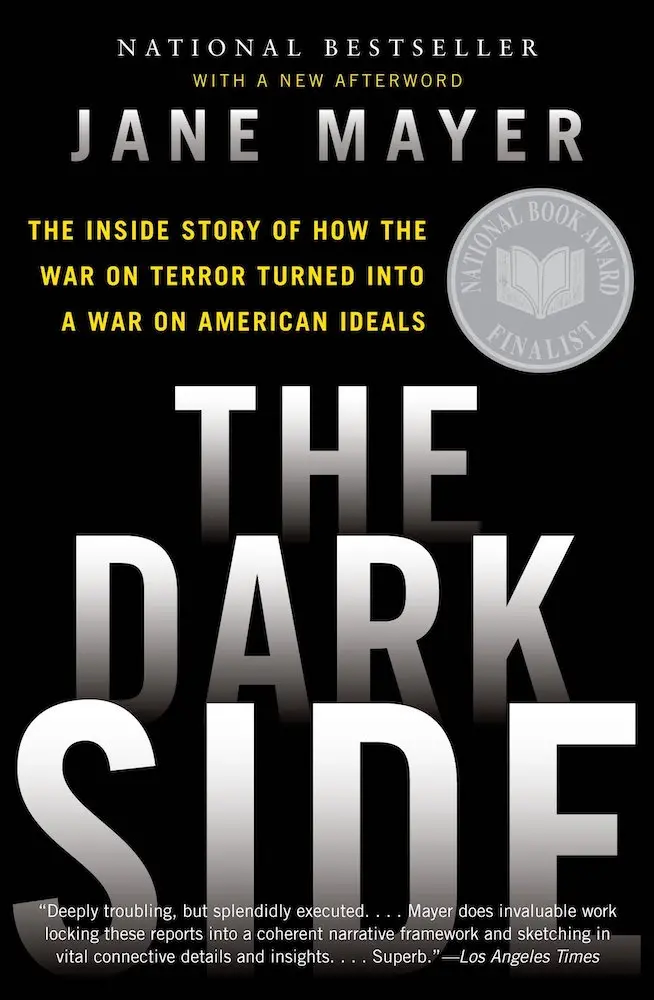
There’s a Road to Everywhere Except Where You Came From, Bryan Charles
Amazon | Bookshop
At 24, Bryan Charles came to New York from Kalamazoo, MI to become a writer. He lived in a railroad apartment in pre-gentrified Greenpoint, and did what aspiring novelists do: drank overpriced cocktails, hopped in and out of bed with a rotating cast of girlfriends, and worked a soul-crushing day job to support his writing. That day job happened to be at Morgan Stanley, which is how he found himself in the South Tower of the World Trade Center on the morning of the attacks. “All I could see through the window were thousands of papers flying around. Some of the papers were burning. Hey, said Max, the building’s on fire.”
Despite a voice over the intercom telling employees to return to their desks after the first plane hit, Charles made his way downstairs to safety. His account of the experience is staggering, but his honest examination of his own emotions in the aftermath of the event is what sets the book apart. Charles writes candidly about resenting the media’s valorization of rescue workers when the majority of the people in the Towers were “workaday employees” doing “unglamorous jobs.” At times, he even wished he’d been mildly injured so that “I’d have a better story to tell.” While this may sound callous, it speaks to the urgency of finding a narrative that explicates and validates one’s individual trauma.
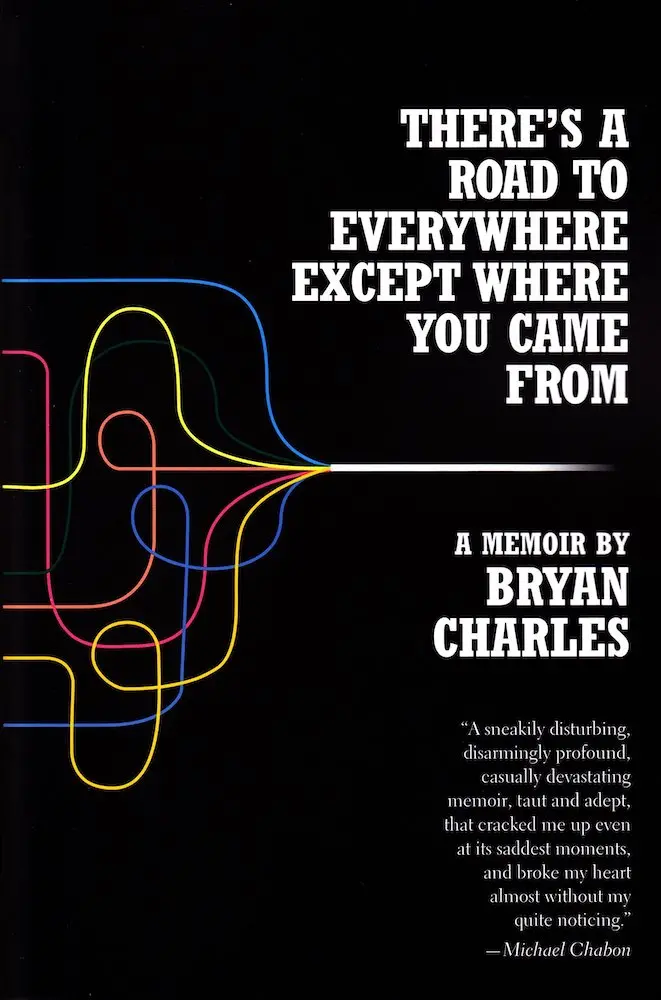
Twilight of the Superheroes: Stories, Deborah Eisenberg
Amazon | Bookshop
The 43-page title story of this remarkable collection jumps around in time and back and forth between perspectives. In fragments of varying lengths, Eisenberg explores the inner lives of Lucien and Nathaniel, two New Yorkers struggling to make sense of the day when “something flashed and something tore, and the cloudless sky ignited.” Lucien is older, a gallery owner who sells art that is “important, soon to be important, or very recently important.” Nathaniel is Lucien’s nephew, an aspiring cartoonist who has been living with friends in the swanky downtown penthouse of one of Lucien’s clients.
While drinking coffee on the apartment’s terrace one morning, Nathaniel hears the explosion and sees “tiny figures raining down from the shattered tower.” Lucien keeps “waiting for that shattering day to unhappen” and the hero of Nathaniel’s comic, Passivityman, has changed his rallying cry from “No way” to “Whatever.” Reading this fragmented story is like looking at the shards of a broken mirror. Its very structure speaks to both the void created by the attacks and the demoralizing challenge of attempting to fill it.
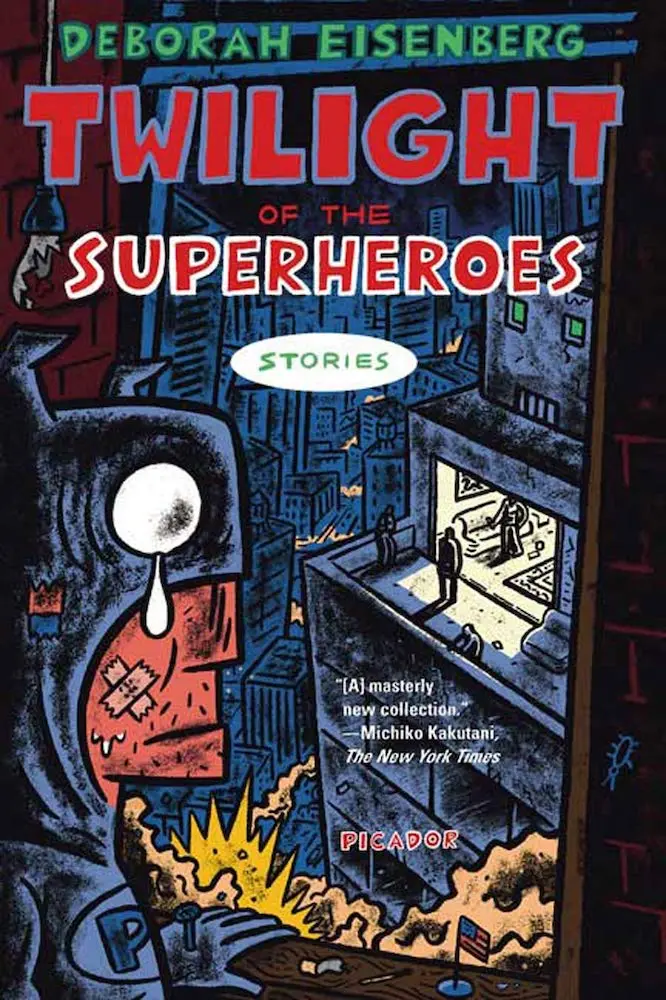
Bookshop is an online bookstore that supports local, independent bookstores and publishers.

